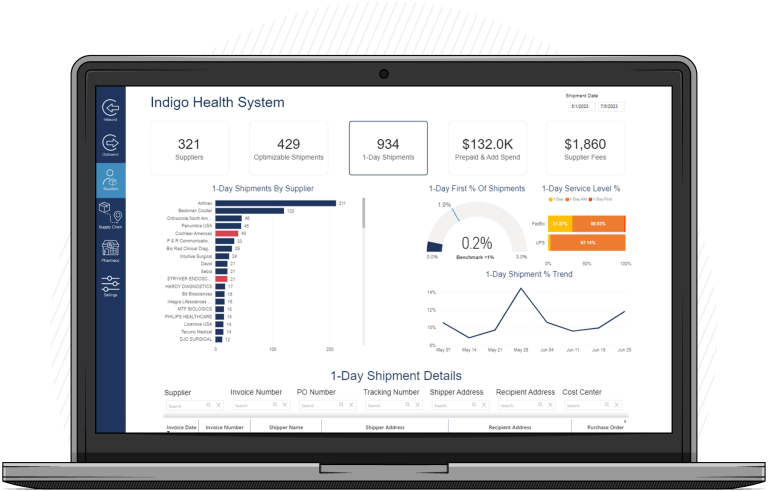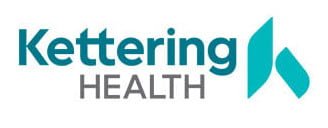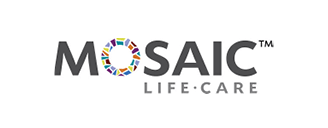Across the United States, companies are responding to both growing legislation around supply chain sustainability and to their customers’ insistence on sustainably produced products. Meeting that demand requires sustainable practices at every stage of the chain.
This encompasses a wide array of aspects, ranging from environmental criteria such as greenhouse gas emissions, pollution control, environmental preservation, and deforestation to social aspects including working conditions, equitable labor practices, and health and safety standards. If you hold a leadership role within the healthcare supply chain, this means that you bear the responsibility for upholding both your health system’s standards and the practices of your suppliers.
Paving the path to an eco-friendly healthcare supply chain
If you haven’t already begun an initiative for a sustainable healthcare supply chain, the following list—although not exhaustive—is a great place to start. And if you already have an initiative in place, you’ll likely find additional ways to improve your program.
1. Engage in sustainable sourcing
Partner is the name of the game when it comes to sourcing. Look for ethical suppliers who follow eco-friendly practices and ethical labor standards, and prioritize those with recognized environmental certifications like Fair Trade.
2. Improve energy efficiency
Look for partners and suppliers who use renewable energy sources like solar or wind power for their manufacturing and distribution centers, and conduct your own regular energy audits to eliminate inefficiencies whenever possible.
3. Reduce waste
Analyze your waste streams to identify areas for reduction and recycling, especially of packaging materials. If you can, embrace circular economy principles by encouraging the reuse, re-manufacturing, and recycling of packaging and eligible products.
4. Focus on transportation and logistics
Look for carriers that utilize route optimization software or have invested in a green fleet, both of which are designed to reduce fuel consumption and emissions. Consider implementing collaborative shipping by sharing transportation with other entities in your healthcare ecosystem in order to reduce the number of vehicles on the road.
5. Streamline packaging
Opt for minimalist eco-friendly and/or biodegradable packaging materials that promote reusability and recycling and reduce plastic waste.
6. Embrace supply chain innovation and technology
Employ data analytics and emerging technologies to identify inefficiencies and areas for improvement in the supply chain, optimize processes, reduce waste, and enhance sustainability efforts.
The screenshot below is from VPL’s Analytics & Data Visualization platform that highlights cost savings and performance improvement opportunities across hospital freight programs.

7. Collaborate and educate
Work closely with suppliers and employees, encouraging them to adopt eco-friendly practices and educating them about sustainable healthcare supply chain practices.
8. Be transparent
Engage in transparent reporting regarding environmental efforts and progress, both internally and externally.
9. Advocate and influence
Engage with industry groups to promote sustainability standards and best practices and advocate for environmentally friendly policies and regulations at local, national, and international levels.
10. Continuously improve
Establish feedback loops to continuously assess the impact of sustainability initiatives and make necessary adjustments. Encourage your employees and suppliers to come up with eco-friendly, innovative solutions through challenges and incentives.
Why healthcare leaders should care about sustainability issues
Sustainability benefits both individuals and the environment, but it also directly enhances operations, reputation, and overall effectiveness.
Benefits of environmental sustainability in healthcare
Enjoy cost reductions
Implementing energy-efficient practices can significantly reduce operational costs in healthcare facilities while minimizing waste and promoting recycling can lead to savings in waste disposal and procurement of new resources.
Help ensure regulatory compliance
By adhering to environmental regulations and standards—especially those regarding proper waste disposal and pollution prevention—you’ll avoid fines and legal issues.
Improve your reputation and community relations
Patients and community members often view environmentally conscious organizations more favorably, and demonstrating environmental and social responsibility positions healthcare providers as community leaders.
Experience greater resilience
Sustainable practices mitigate the risk of resource scarcity. By adopting eco-friendly sourcing and efficient resource management, healthcare facilities are better prepared for potential shortages. For more information on building a resilient supply chain, download our resiliency playbook.
Improved health and well-being of patients and staff
Environmental conservations contribute to cleaner air and water, while climate change mitigation reduces the prevalence of climate-related health issues, both of which create a healthier population.
Uncover greater innovation and efficiency
By encouraging the adoption of innovative technologies and processes, you’ll enjoy more efficient healthcare delivery. In addition, sustainable practices often promote streamlined processes, reducing inefficiencies and improving overall supply chain performance.
Check out the platform explainer video below to learn about VPL’s comprehensive healthcare supply chain solutions.
Enhance resilience in the face of natural disasters
Sustainable practices and supply chain diversification enhance resilience to natural disasters brought about by climate change.
Encourage long-term cost stability
Sustainable practices ensure the availability of resources in the long term, promoting stability and predictability in costs.
Contribute to global responsibility
Environmental sustainability practices contribute to global efforts to combat climate change and protect the planet for future generations.
Healthcare supply chain sustainability is a moral imperative, a strategic necessity.
As you can see, adopting a sustainable healthcare supply chain is a clear win-win. Not only does it align with a health system’s financial interests, regulatory obligations, and long-term strategic planning, but it also improves community relationships, enhances patient well-being, and contributes to the continued growth of the modern healthcare landscape.
To keep reading more about going green in the clinical supply chain, click here.
About VPL
We modernize clinical supply chains to support healthier patients. Our technology-driven solutions and consultative customer experience empower health systems and outpatient pharmacies to build smarter, more resilient supply chains. With over 700 hospitals and a 97% customer retention rate, we’re trusted to deliver transparency, cost savings, and peace of mind.


































